The Ultimate Guide to CRM for Real Estate Agents
Marketing and sales are not just limited to product-oriented businesses; real estate has become growing and trendy. Managing the abundance of clients who need this service can be challenging without knowing the right way or the principles. That’s when CRM for real estate comes to the rescue to help you better manage and support your clients. Also, a proper CRM helps you with marketing plans and, therefore, more revenue and service to others. That’s how implementing a CRM is important in your business.
In this article, we will go through real estate CRM and introduce some of the best every agent needs. Let’s kick off!
What is Real Estate CRM Software?
To get to know real estate CRM let’s review the CRM itself first. CRM, or Customer Relationship Management, is a practical tool with many features that help users manage contact information and track leads and deals. A CRM for real estate agents helps them manage their client interactions and business processes.
CRM software for real estate often includes features such as lead management, marketing automation, lead management, transaction management, report, and analysis. This tool basically your whole business affairs in one place, making it easier to run the business most effectively. It also pushes you to think outside the box, join modern technology, and leave your old-school business management behind.
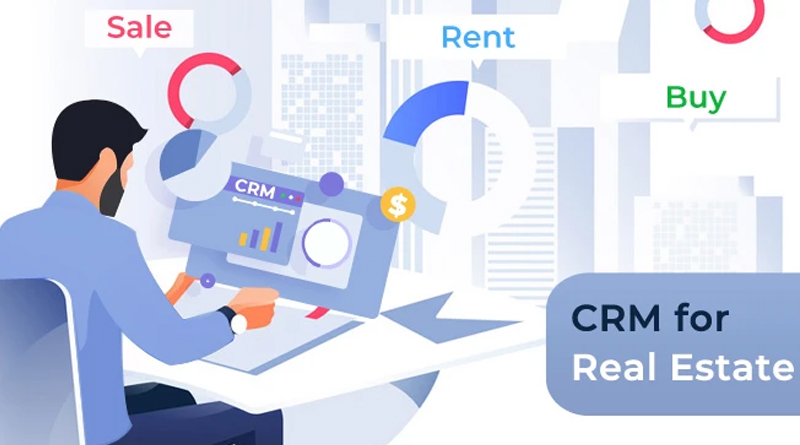
Why Do You Need to Use CRM For Real Estate?
A CRM for real estate is designed to assist with managing your business from one platform seamlessly. Because the CRM system is cloud-based, you can easily access your data anywhere.
A CRM offers many features, as mentioned before. A CRM generally provides different ways to complete tasks such as tracking leads and managing contact information, campaign outcomes, uploading documents and contracts, and planning events. Realtors can manage their business-related tasks with minimal time waste and more efficiently by using a real estate CRM.
Moreover, by offering original content and tracking customer behavior, a real estate CRM improves the personalization of conversations, records each customer’s data, and builds a healthy and caring relationship. This will also help track leads and increase the probability of converting potential clients into actual customers. You can meet with clients and look up properties anytime with an online CRM for real estate agents. You can use the system on your computer or mobile device 24/7 and stay on top of the business.
Real estate CRM solutions are effective and simple to use since they can manage enormous amounts of data. With the help of a CRM for real estate, brokers and realtors can search for properties and communicate with current and potential clients. This process makes agents more organized.
Additionally, you might encounter potential clients who plan to buy a house in the future. Using a CRM for real estate business, you can keep track of these future clients and get in touch with them as they get closer to the purchase date; this way, you can generate leads via social media or email. Plus, CRM software enables you to track campaign types and view data related to those campaigns. You can determine which type of campaign fits your business in a more beneficial way and which doesn’t. This could also be a useful clue to review and rectify your strategies.
On the other hand, prospective buyers may search the web, visit different websites, and use many related applications to find a house or property. Using a CRM for real estate can help you integrate those websites and applications with your CRM system and view all the properties listed on those platforms. That way, you’ll be able to stay on top of the local market and keep yourself up-to-date. Therefore, you can help your current and potential clients more efficiently and with more property details.
If you want to maximize your efficiency in helping clients and minimize waste of time, using a CRM for real estate is the answer. Better communication, improved lead generation, and ultimately more fruitful business are only a few outcomes of a CRM system.
Overall, CRM for real estate agents can greatly help build long-lasting relationships with clients and plays a prominent role in customer relationship management.
A real estate CRM is a necessary tool in your business if you want to expand your business. It streamlines the day-to-day tasks, stores your data in an easily accessible way, and improves your performance. That’s why you must use CRM software for real estate business. It’s practical, beneficial, and influential in your work.
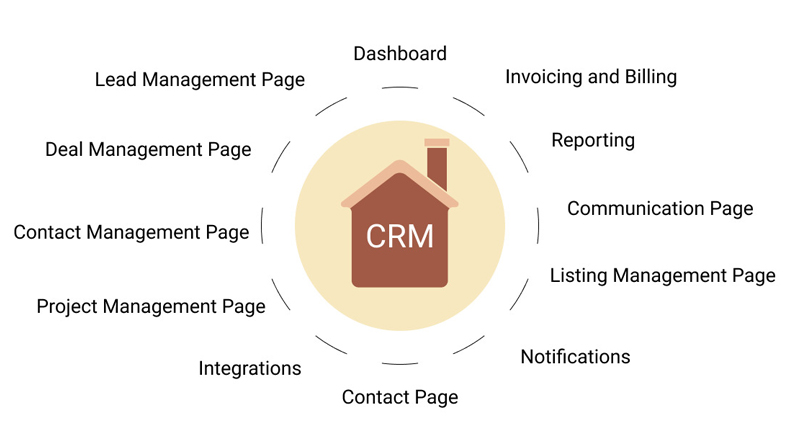
Features of CRM For Real Estate
Generally, a CRM aids in managing real estate leads, monitoring lead generation, managing campaigns, uploading contracts and documents, and easing the whole process.
A real estate CRM should have the following features:
Lead Management
The right CRM for real estate helps you manage your leads effectively. It enables you to reach and organize leads from different sources, such as your website, email, social media, and campaigns. Moreover, it helps you track deals for each client separately and follow up with agents.
Property Management
Another feature of a real estate CRM is property management which allows agents and users to manage properties easily. It helps you create and update the list of properties and sort them by details and descriptions.
Contact Management
A good CRM for real estate enables you to manage all your contracts and documents in one platform. It stores relevant data about contacts and clients, including email and phone numbers.
Task Management
Task management helps you collaborate with your team more effectively and makes them easier to get done. This feature enables you to create tasks and assign them to team members. So, set reminders for everyone involved, such as follow-ups, appointments, and due dates.
Improve Communication
Another prominent feature of a CRM for real estate businesses is that you can communicate with clients and lead effortlessly; this allows you to send emails and text messages and make phone calls right from the CRM system. Moreover, it records all your communication history for further contact.
Reports and analysis
A real estate CRM offers insights and data analysis toward improving your performance. You can track lead conversion rates, sales pipelines, and revenue. Additionally, you should be able to create personalized dashboards and reports to track your progress and spot potential for development.
Customizing and Integration
As a realtor or real estate agent, you must have various sources, such as social media, marketing automation software, and websites. You may also take advantage of different platforms in your business. A CRM for real estate should be able to integrate all those sources, platforms,s and applications you use for your marketing. This softens the workflow and brings desired results. You can also modify the CRM to meet needs and requirements as the business expands.
calendar Management
As a realtor, you get clients left and right and don’t want to get confused or forget a profitable meeting. Therefore, if you are looking for a CRM for real estate agents, ensure it provides calendar or calendar integration. This feature helps you schedule appointments and set reminders for upcoming events.
Mobile App
A real estate CRM should feature a mobile app, as it helps you catch up on the news, new leads, or the work process on the go. You can also check your leads and contacts, update properties and communicate with your clients anytime.
Commission Management
Everyone knows real estate is a profitable profession bringing a lot of commission. A CRM for real estate agents can help you manage and track your transactions effectively. It also helps you calculate your commission and gives you reports on that. Plus, you can automate the process of payment and track your expenses.
10 Best CRM For Real Estate Agents
There are tons of practical CRM for real estate businesses that you can choose according to your needs. The best way to find the right CRM is to first recognize your requirement and expectations of a CRM system as a realtor. Undoubtedly, you want the CRM to facilitate your workflow and provide the practical functions necessary for your job.
Here are the 10 best CRM for real estate you can consider.
Salesforce
Salesforce is one the most practical and popular CRM platforms that offers a wide range of features, and real estate agents favor it. As CRM for real estate, it helps you manage your leads, contact, properties, and deals. It also automates the marketing process. Moreover, it includes integrations, such as email and social media platforms and other marketing tools.
Salesforce Pricing:
- Essentials: basic plan – costs $25 per user monthly.
- Professional: costs $75 per month.
- Enterprise: advanced – costs $150 monthly.
- Unlimited: unlimited features and support – costs $300 per user per month.
Pros:
- Customization
- Reports and Analysis
- Scalability
- Mobile App
- Integration
Cons:
- Can be expensive
- Slow performance
- Requires training
- Complexity
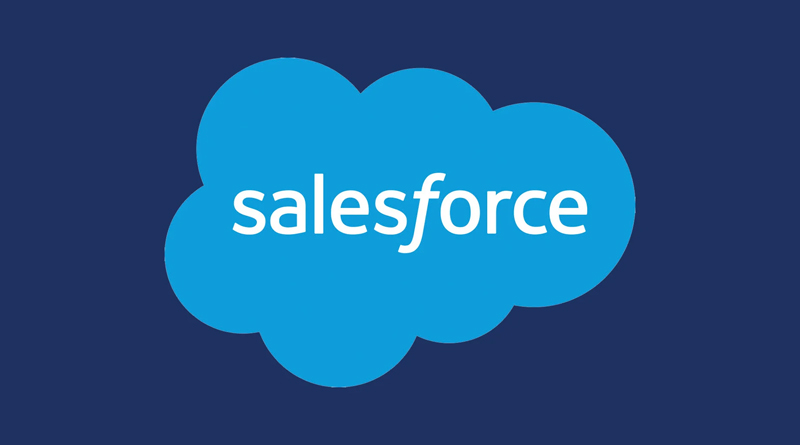
Zoho CRM
Zoho CRM is also a well-known tool among real estate agents and offers features such as lead management, contact management, property management, and tracking deals. It also integrates with Google Apps and social media.
Zoho CRM Pricing:
- Standard: Includes basic features – costs $12 per user monthly.
- Professional: additional features – costs $20 per user per month.
- Enterprise: Advanced features – costs $35 per user per month.
Pros:
- Affordable
- Integration
- User-friendly
- Customer support
- Customization
Cons:
- Limited options and features
- Less specific analytics
- Learning challenges
- Limited integration
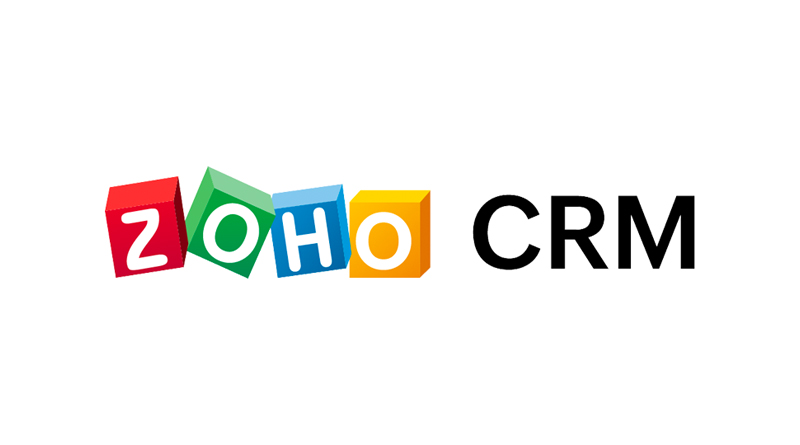
Top Producer
Top Producer is another famous CRM designed especially for real estate. You can automate your marketing and sales process and manage your leads, contacts, properties, and deals. Besides, this CRM provides various integrations, including email and social media.
Top Producer Pricing:
- Starter: basic features and reporting – costs $40 per user monthly..
- Professional: additional features – costs $80 per user per month.
- Advanced: advanced features and support – costs $150.
Pros:
- Real estate focus
- Automation
- Lead management
- Integrations
- Mobile app
Cons:
- Can be expensive
- Learning curve
- Limited third-party integration
- Slow customer support
- Limited customization
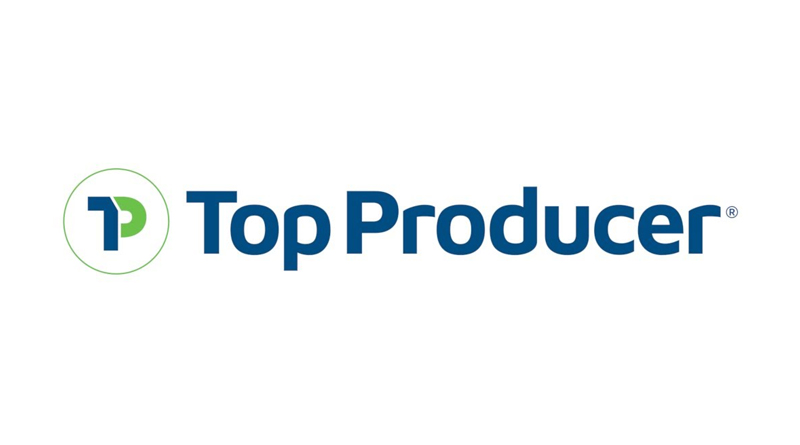
Wise Agent
This is another CRM for real estate agents that mainly focuses on the business. Like other real estate CRMs, it enables you to manage contacts and store customer information. It also helps with managing properties, leads, and deals. Moreover, you can access the integrations provided by Wise Agent, including social media platforms and email.
Wise Agent Pricing:
- Monthly Plan: $29 per month, per user.
- Annual Plan: $229 per year per user.
It also offers a 14-day free trial.
Pros:
- User-friendly
- Affordability
- Marketing automation
- Integrations
- Transaction management
Cons:
- Limited customization
- Slow and buggy mobile app
- Limited lead generation
- Delay in customer support
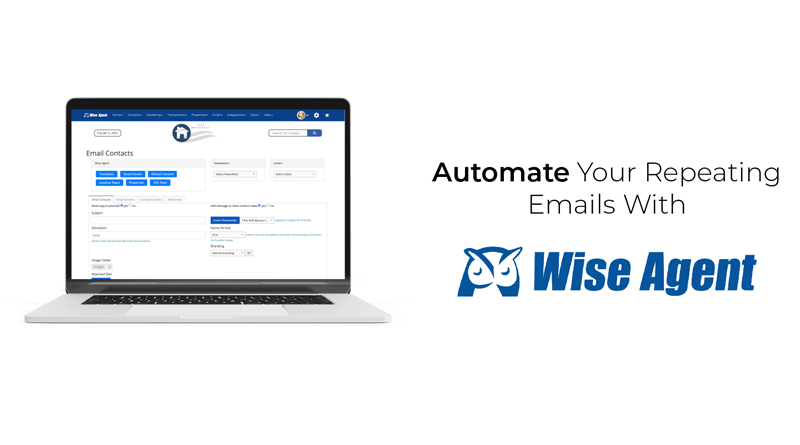
Follow Up Boss
Follow Up is another CRM designed specifically for real estate, which offers contact and property management, lead tracking, and marketing automation. It provides agents with many practical tools to streamline workflow, improve customer relationships and communication.
Follow Up Boss Pricing:
- Core Plan: $69 per user monthly.
- Accelerator Plan: $129 per user per month.
Pros:
- Report and analysis
- Communication management
- User-friendly
- Lead management
- Automated lead tracking
Cons:
- Costly
- Limited modification
- Buggy mobile app
- Limited integrations
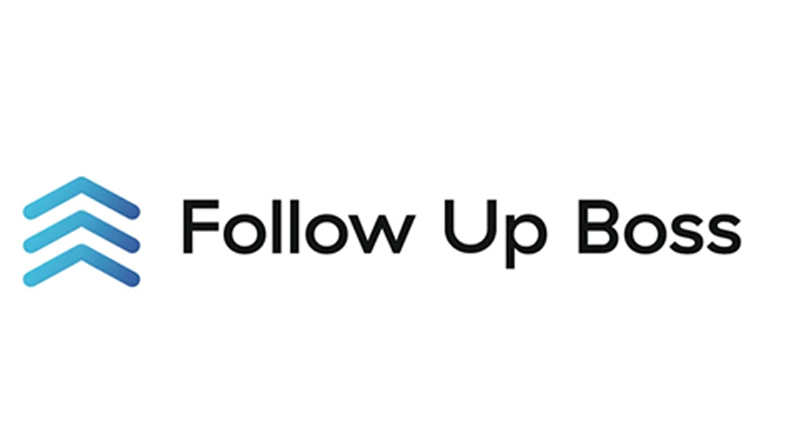
Propertybase
Another real estate-oriented CRM is Propertybase. This tool lets you control and manage leads, deals, properties, and contact information and integrates other platforms like social media.
Propertybase Pricing:
- Essential: basic features – costs $79 monthly per user.
- Accelerator: costs $149 per user per month.
- Broker: advanced features and reporting – costs $229 per month per user.
Pros:
- Practical features
- Customization
- Integrations
- Comprehensive report and analysis
- Customer support
Cons:
- Might be expensive
- Complexity
- Issues with the mobile app
- Limited leads
- Learning curve
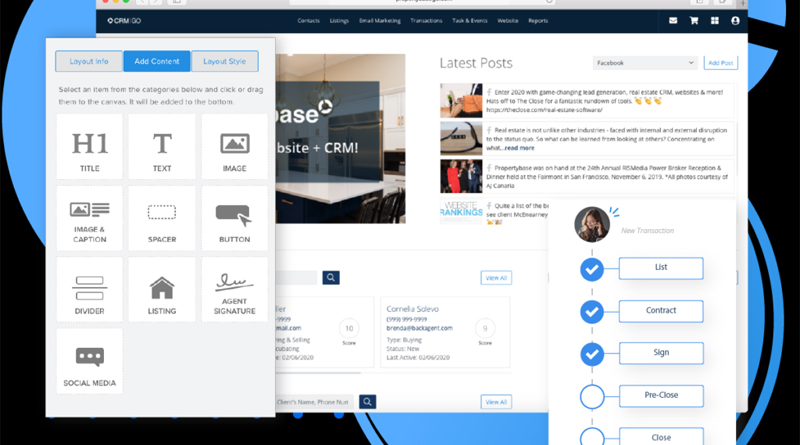
LionDesk
Another CRM for real estate that is fairly popular is Lion Desk CRM. Like other CRMs, this tool comprises practical features. It allows you to manage contracts and leads, customers’ information, and automate marketing processes.
LionDesk Pricing:
- Starter Plan: $25 per month for each user.
- Pro Plan: $49 monthly per user.
- Edite Plan: $99 per month.
Pros:
- Comprehensive CRM
- User-friendly
- Automated follow-up
- Integrations
- Mobile app
Cons:
- Limited customization
- Learning curve
- Can be expensive
- Limited reports and analysis
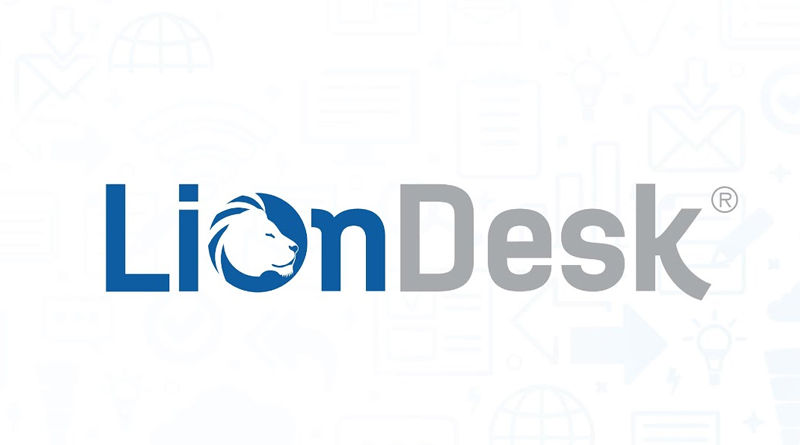
Zillow Premier Agent CRM
Zillow is another CRM for real estate agents that features lead management, contacts, properties, and deals. Moreover, it helps you automate the marketing and sales process and creates an easy workflow. It also integrates other platforms, such as social media and email.
Zillow Pricing:
- Free Plan: Zillow offers a free plan with features like task management, automated responses, etc.
- Team Plan: This plan is designed for real estate businesses and starts at $149 monthly. It includes all the free plan’s features along with other features like collaboration tools and an advanced reporting system.
- Premier Agent Plan: This plan is best for high-volume agents and offers features like lead routing and support team as well as all the team plan’s features.
Pros:
- Integrations
- Robust reporting and analytics
- Automated lead management
- Mobile app
Cons:
- Limited functionality
- Costly
- Steep Learning curve
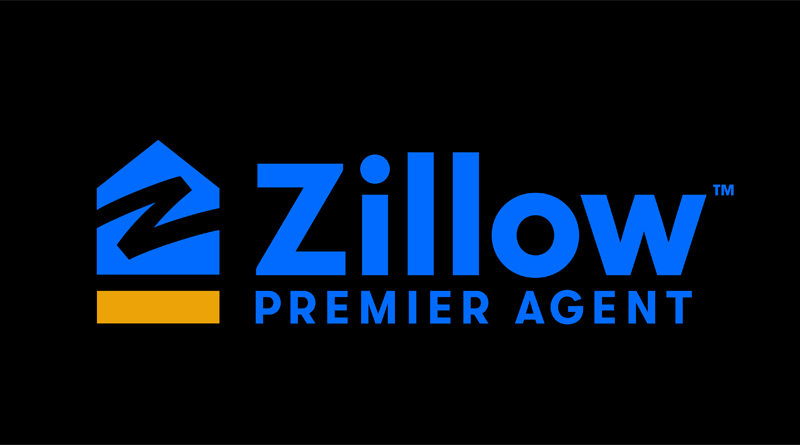
HubSpot CRM
Another popular CRM for real estate agents is HubSpot which offers many practical features. It enables you to manage your contacts, customer information, leads, and deals. You can also manage the list of properties and access them anytime. It also offers many integrations, such as email and social media. Plus, you can run your campaigns and analyze the results for better performance. Plus, it has various pricing plans for different businesses with different budgets. HubSpot is among the best CRMs for real estate agents you can count on.
HubSpot Pricing:
- HubSpot CRM; It’s free to use and includes basic features. If you’re looking for a free CRM for real estate, this could be your plan and choice.
- HubSpot Marketing Hub: The pricing starts at $50 monthly for Basic Plan, $890 for the Professional Plan, and Enterprise Plan based on its features.
- Hubspot Sales Hub: The Starter Plan costs $50 monthly, including basic features.
- The professional Plan price starts at $500 monthly and includes additional features such as sales automation and e-signature.
- The Enterprise Plan is estimated based on the feature you need and includes advanced features like quotes and revenue reporting.
- HubSpot Service Hub: This pack offers great customer service. The pricing starts at $50 for the Starter Plan, which offers basic features like ticketing. The Professional Plan includes advanced features and costs $400 monthly. Next is the Enterprise Plan, which comprises features like customer feedback and support metrics. Its cost is determined based on the features your business needs.
Pros:
- User-friendly
- Comprehensive platform
- Thorough reports and analysis
- Excellent Customer Support
- Integrations
Cons:
- Can be expensive
- Limited customization
- Learning curve
- Limited social media management capabilities
- Lack of multilingual support
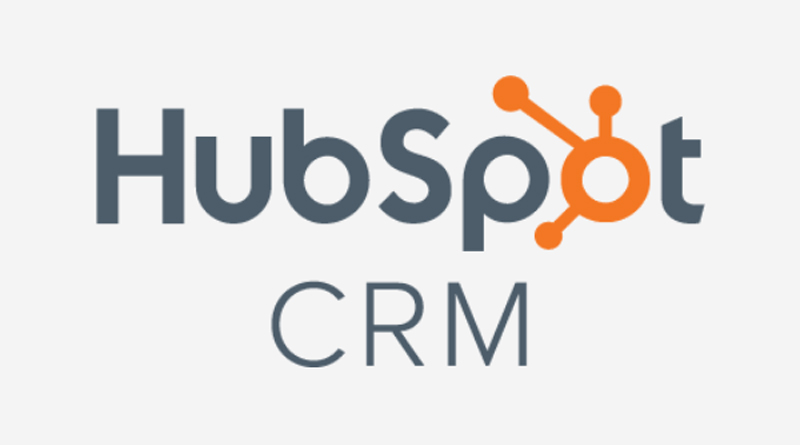
Freshsales
Freshsales is another functional CRM designed for real estate agents. It provides basic features that every CRM for real estate should have: lead management, contact management, property and sales management, and marketing automation.
It also offers integrations with other platforms.
Freshsales Pricing:
Freshsales offers different pricing plans for any kind of business at any size.
- Blossom: Good for small teams and start-ups, costing $12 per monthly user.
- Garden: excellent for growing businesses, costing about $25 per user/month.
- Estate: Best for large teams, and the monthly pricing fee is $49 per user monthly.
- Forest: Made for Enterprises and costs $79 per use/month.
Pros:
- Intuitive interface
- Customizable
- Good customer support
- Robust reporting and analytics
Cons:
- Limited customization
- Limited integrations
- Pricing
- Limited social media management capabilities
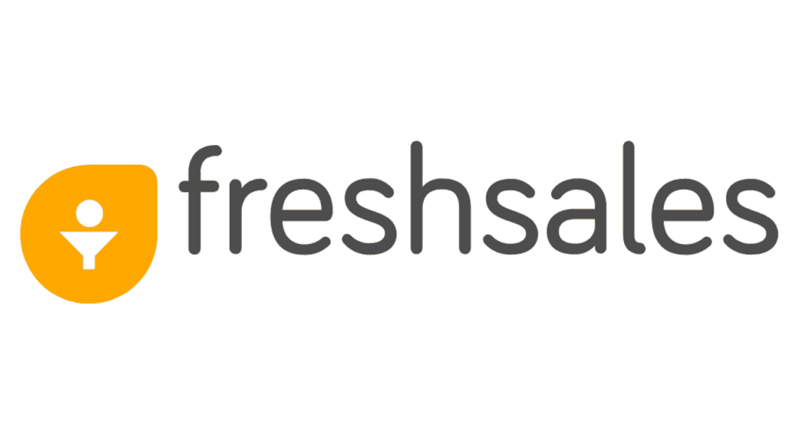
Wrapping it Up: Is Real Estate CRM
As mentioned earlier, real estate CRM is a beneficial tool for your business that helps you manage your company and workflow excellently and smoothly. Plus, a CRM enables you to have healthier and stronger relationships with your clients and help them in the best way you can. It gathers every tool you need for your business in one place and provides potential opportunities for growth and development. You can choose your favorite one from the list above and try it to see the results.
FAQs
A real estate CRM or customer relationship management system is a practical tool that offers many features, including contact and lead management. It will also impact your business growth significantly.
There are plenty of good CRMs you can choose based on your needs.
1.Zillow
2.Freshsales
3.HubSpot
4.Propertybase
A real estate CRM’s price depends on its features and your expectations. Every real estate CRM provides tools and functions that might be necessary for your business.




